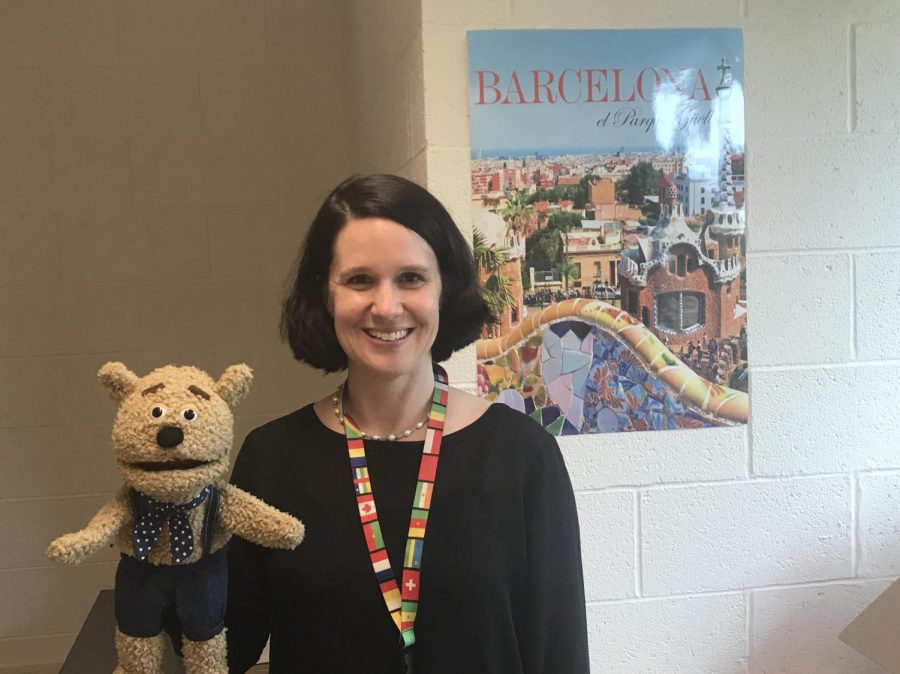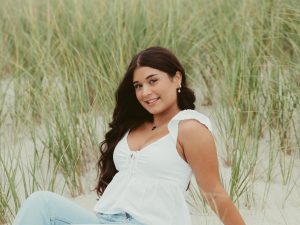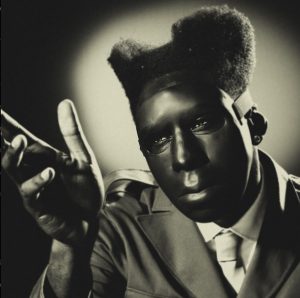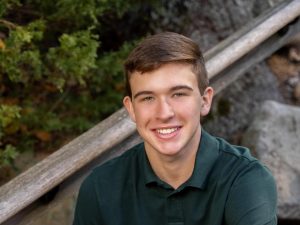Around the World With Madame Brown
October 29, 2018
by: Holly Carew ’20
Born in Geneva, Switzerland, Madame Brown (to her French speaking students) or Senora Brown (to her Spanish speaking students) is an extraordinary world language teacher at WHS. Brown has lived an incredibly interesting international life, born in Switzerland, moving to America when she was 8, spending her summers in England, and later, spending six months in both France and Spain.
When asked how growing up in America was different than growing up in Switzerland, she says that “there are a lot of advantages to both. I think here there’s more opportunity to do extracurricular activities that are open to kind of everyone, sports, art, music, drama. But in Switzerland there are a lot more parks and a lot more playgrounds, and a lot more things for children are free. So it’s different in that sense. Like things you want to do with your family, a lot of them are a lot more affordable.”
In addition, Brown also commented on the differences in school systems between the two countries: “There is a lot more emphasis on math earlier on. We did a lot more math a lot faster. When I came here in third grade I didn’t learn any new math until I got to seventh grade because I was so far ahead. But they don’t emphasize creativity as much, and they don’t emphasize group work as much, it was a lot more individual work. So it was good and bad.”
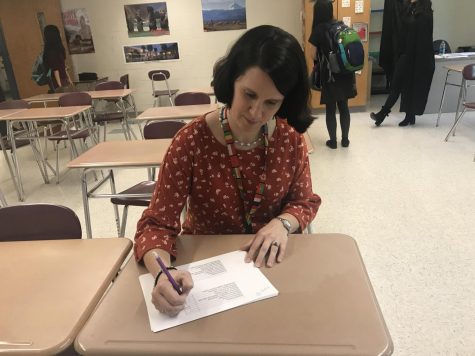
Another thing that she mentioned in relation to the Swiss school system, was that they supply all schooling materials to the students “so nobody has to worry about paying for their school supplies.”
Because she grew up in Switzerland, Brown grew up speaking French. She also took Spanish all through school, similar to the way we here in Westborough take a world language class. Learning both those languages, in combination with speaking English at home, made Brown trilingual, which is a rare achievement.
Brown says that she likes both French and Spanish for very different reasons.
“French is part of how I grew up, so it’s very important to me and my family, but Spanish is so fun because I can just walk around the community and hear it- and I love that…and Spanish music is really fun to listen to, and really happy and peppy,” remarks Brown.
If she sees Italian or Portuguese in a written format, Brown is able understand most of it, but is unable speak it, making her almost a polyglot, meaning someone that speaks five or more languages.
Brown also says that her knowledge of French really helped her on her journey to become multilingual. Spanish is extremely similar to French, so she says that she was able to “piggyback” off the French to learn Spanish a lot faster.
She also lived abroad, which she says was “the part that she needed to do, especially for the Spanish.”
To further her education on those languages, Brown attended Middlebury College for her undergrad, double majoring in French and Spanish, and minoring in psychology and teaching/education. For her graduate school she attended Harvard University.
On the subject of maintaining her multilingual lifestyle, she says it is hard sometimes, just because there is nobody to speak to about things like politics, sports, or just everyday life.
“For example, there’s my colleagues here, but we often just end up talking about school stuff in French or in Spanish.” She listens to a lot of news and podcasts in French or Spanish, just to “keep up with the current vocabulary and things like that,” comments Brown.
Brown says that she loves teaching a language because it gives her a chance to talk to the student more than in most other subjects, and she is able to really get to know them while they are learning a new language.
She also says that it’s a really cool way to teach an interesting subject in a different way, but to also get to know the student on a personal level.
This is Brown’s nineteenth year teaching a world language, and she has only ever taught at Westborough High School.
If she could have any other career besides being a teacher, Brown says she would like to be an interpreter because “it’s alive and on the spot translating” as opposed to being a translator, which doesn’t really appeal to her because “you’re kind of just sitting by yourself in the room doing written work and I need human interaction.”
When asked about her favorite part of the day here at WHS, she says, “Anytime from like 8:10 to 2:37 p.m. when I have students, I think that’s the best. They’re interesting, they’re funny, there’s always something going on, there’s always something to talk about or learn about.”

